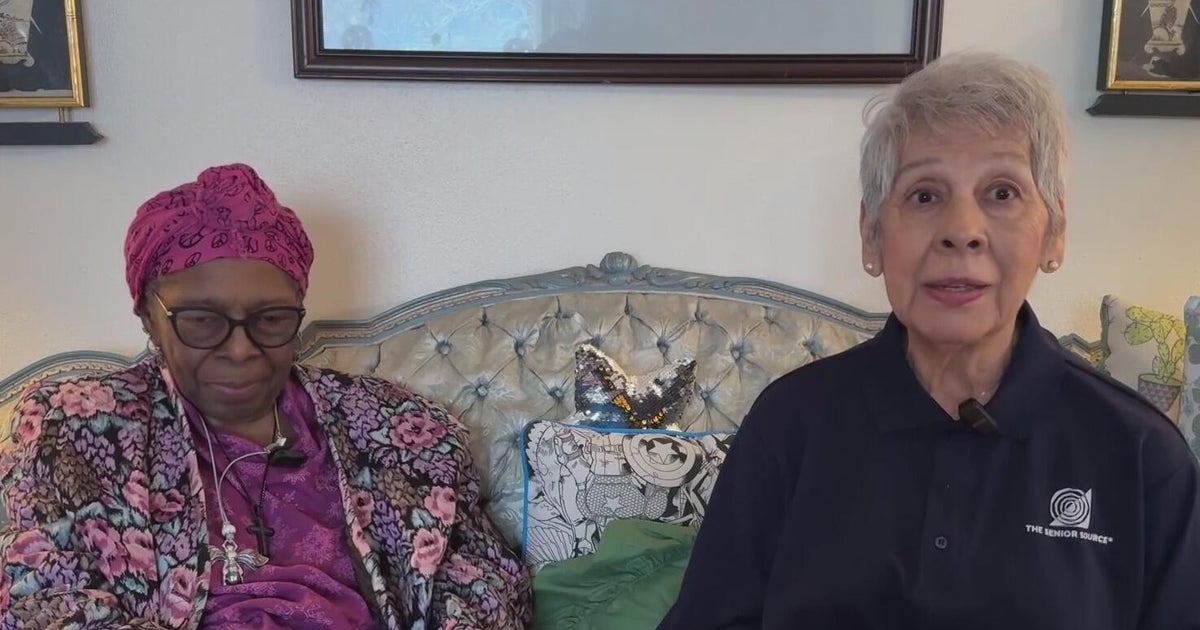Loneliness Reaches Epidemic Levels In U.S., Survey Finds
MINNEAPOLIS (WCCO) -- A new, national survey shows a surprising number of Americans are lonely.
The survey, done by health insurance company Cigna, found nearly half of Americans say they sometimes or always feel alone. Younger adults reported social isolation more frequently than those who are in their 70s or older.
The survey of more than 20,000 U.S. adults ages 18 years and older revealed some alarming findings:
- Nearly half of Americans report sometimes or always feeling alone (46 percent) or left out (47 percent).
- One in four Americans (27 percent) rarely or never feel as though there are people who really understand them.
- Two in five Americans sometimes or always feel that their relationships are not meaningful (43 percent) and that they are isolated from others (43 percent).
- One in five people report they rarely or never feel close to people (20 percent) or feel like there are people they can talk to (18 percent).
WCCO's Angela Davis spoke with a psychologist about what leads to loneliness and what we can do to prevent it.
Being lonely is not just about being alone. Psychologists say you can be surrounded by people, but still feel isolated.
Dr. Cheryl Bemel is a psychologist with Health Partners.
"One feels a sense of emptiness, kind of like an emptiness of the soul. A wounded heart and lack of connection. A sense of disconnection," Dr. Bemel said.
"It's very hard to have someone really listen. When someone says 'how are you doing?' Are they really asking how are we doing? We typically as that question and expect people to say 'I'm good,'" she said.
Getting more sleep and more physical activity can help, as well as talking about it.
"Acknowledge it. Let other people know. Talk to your physician, talk to your friends and a family. Seek out a therapist," Dr. Bemel said.
Research also shows that loneliness can contribute to health problems, like heart disease. A study in 2010 showed loneliness has the same effect on mortality as smoking 15 cigarettes a day, making it more dangerous than obesity.
For more information about the HealthPartners Neuroscience center and how to seek care, click here.







